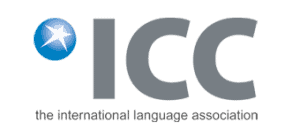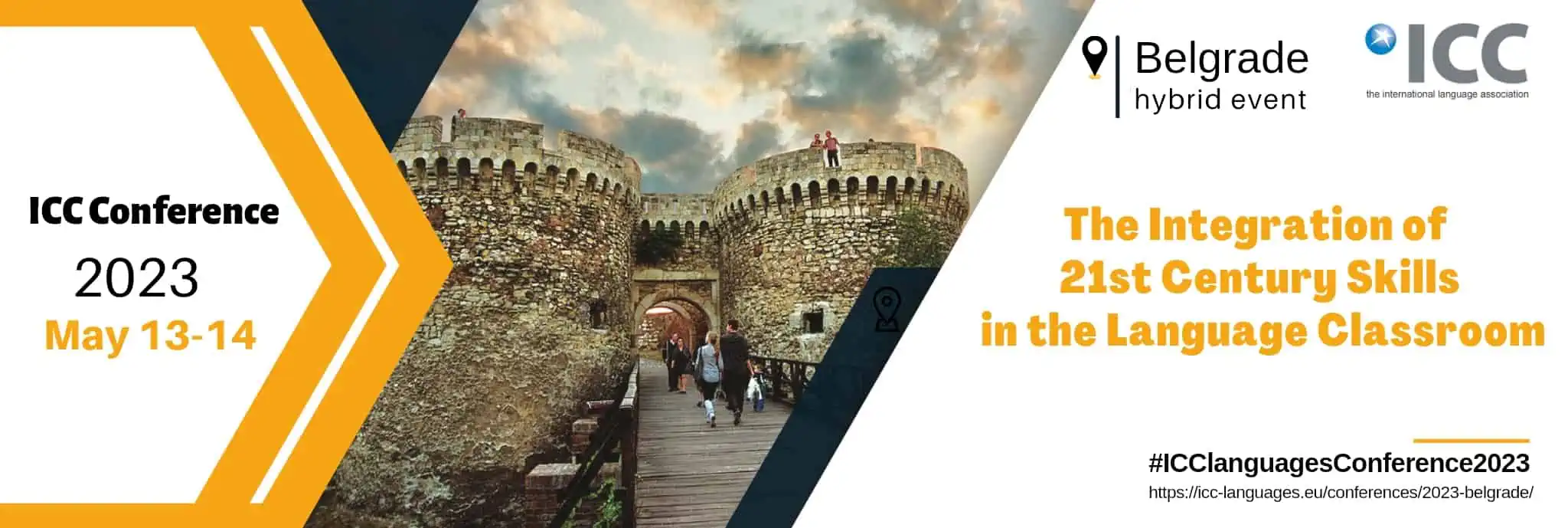Teachers’ Collective Reflexivity Meant for Students’ Collective Agency in the Process of 21st-Century Skills Acquisition
Olena Plakhotnikova (Ukraine) and Eva Seidl (Austria)
Abstract
This talk is based on the speculative paper by Macgilchrist et al. (2020), which is set fictitiously two decades ahead in the future. The paper sketches three possible futures for education, technology, and society by imaginatively looking back on the 2020s from the year 2040. The three scenarios, or fictional future histories, imagine students as (#1) smooth, competent, post-democratic technology users, (#2) digital nomads, exploiting digitalization for individualism, and (#3) collective agents, exploring more equitable forms of living. Through collective critical reflection, we discuss our approach towards Macgilchrist et al.’s (2020) third scenario, which depicts students as participatory, democratic, ecological humans and collective agents.
The talk’s teaching background is German L2 at an Austrian and English L2 at a Ukrainian university. At the latter, we reflect on English for Academic Purposes within the MSc programs Biotechnology and Ecology, with students discussing global issues, sustainability, and environmental matters in English, while reflecting on their roles and active engagement in society. The activities in the course English for Academic Purposes must prepare students for their professional lives as competent language users. This is also the aim of the German L2 courses at the Austrian university within the context of translation and interpreting-oriented language education, often considered within the framework of Languages for Specific Purposes.
With the experience of online teaching due to a pandemic and a war, we reflect on ways to foster students’ language competence while also supporting their well-being and engagement, focusing on the integration of 21st century skills and global citizenship education (Mairi et al., 2023).
References:
Macgilchrist, F. et al. (2020). Students and society in the 2020s. Three future ‘histories’ of education and technology. Learning, Media and Technology, 45(1), 76–89.
Mairi, S. et al. (2023). Teacher educators’ perspectives on global citizenship education and multilingual competences. Journal of Multilingual and Multicultural Development, 1-17.
Bio
Olena Plakhotnikova, Ph.D. in Philology, is currently an Assistant Professor of Taras Shevchenko National University of Kyiv, Ukraine. Her writings and research focus on corpus linguistics, theoretical and experimental phonetics, methods of teaching Ukrainian as a foreign language, and methods of teaching English for academic and professional purposes (in the field of biology and medicine). She is the author of the Ph.D. thesis Ukrainian Speech Corpus: The Theoretical Basis of Construction and Practical Implementation (Kyiv, 2017). Her research activity can be seen on The Language Archive website (Max Planck Institute for Psycholinguistics, Nijmegen, the Netherlands).
olenaplahotnikova@knu.ua
Eva Seidl, MA in Philology, has been a lecturer for German L2 at the Department for Translation Studies and the Centre for Language, Plurilingualism and Didactics at the University of Graz for 20 years. Her research focuses on TILLT (Translation and Interpreting-oriented Language Learning and Teaching), study abroad and higher education pedagogy.
e.seidl@uni-graz.at

